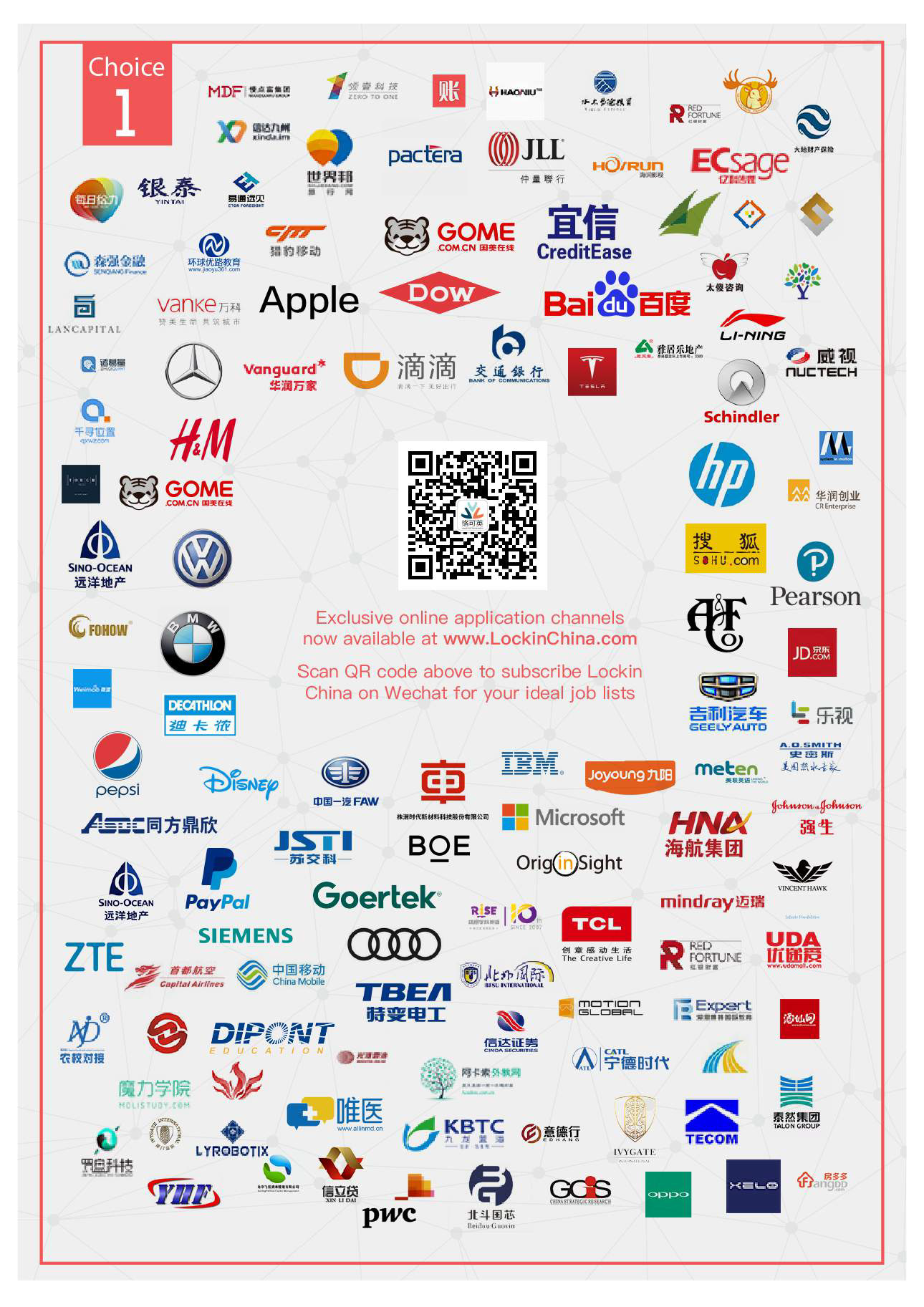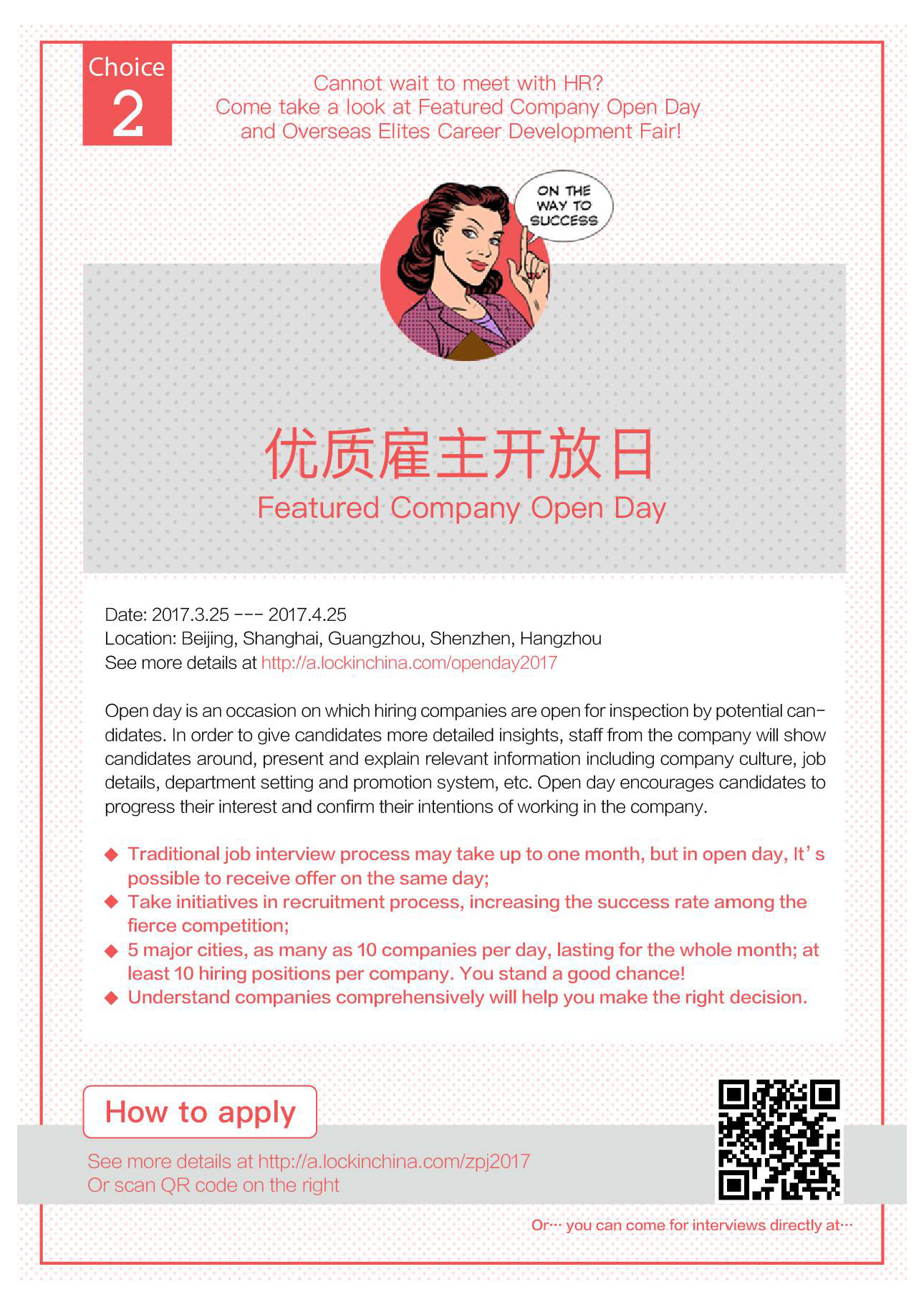Vacancy: Graduate Sales Account Manager / Technical Sales Executive
The R & D Tool and Engineering Group are world renown as a service provider for the design, manufacture and testing, technical service and training of PET, PP, PC and Triton injection stretch blow moulding and blow mould tooling; with two design and manufacturing facilities, one near Nottingham, UK, with 87 employees to service Scandinavia, Europe, The Middle East, Africa, and South America and one in Kansas City, Missouri, USA with over 250 employees which services North and South America.
The individual will be extensively trained and ultimately be able to look after and develop their own accounts.
They will also be responsible for converting request for quotation to actual quotes, then receiving orders and ensuring the correct procedures are followed.
They will work extensively with our current sales team and also our Engineering department, attending trials with the customer present in our sampling facility- Product Solutions Laboratory.
Language skills are also essential for this position, preferably, Polish, German, French and Russian.









